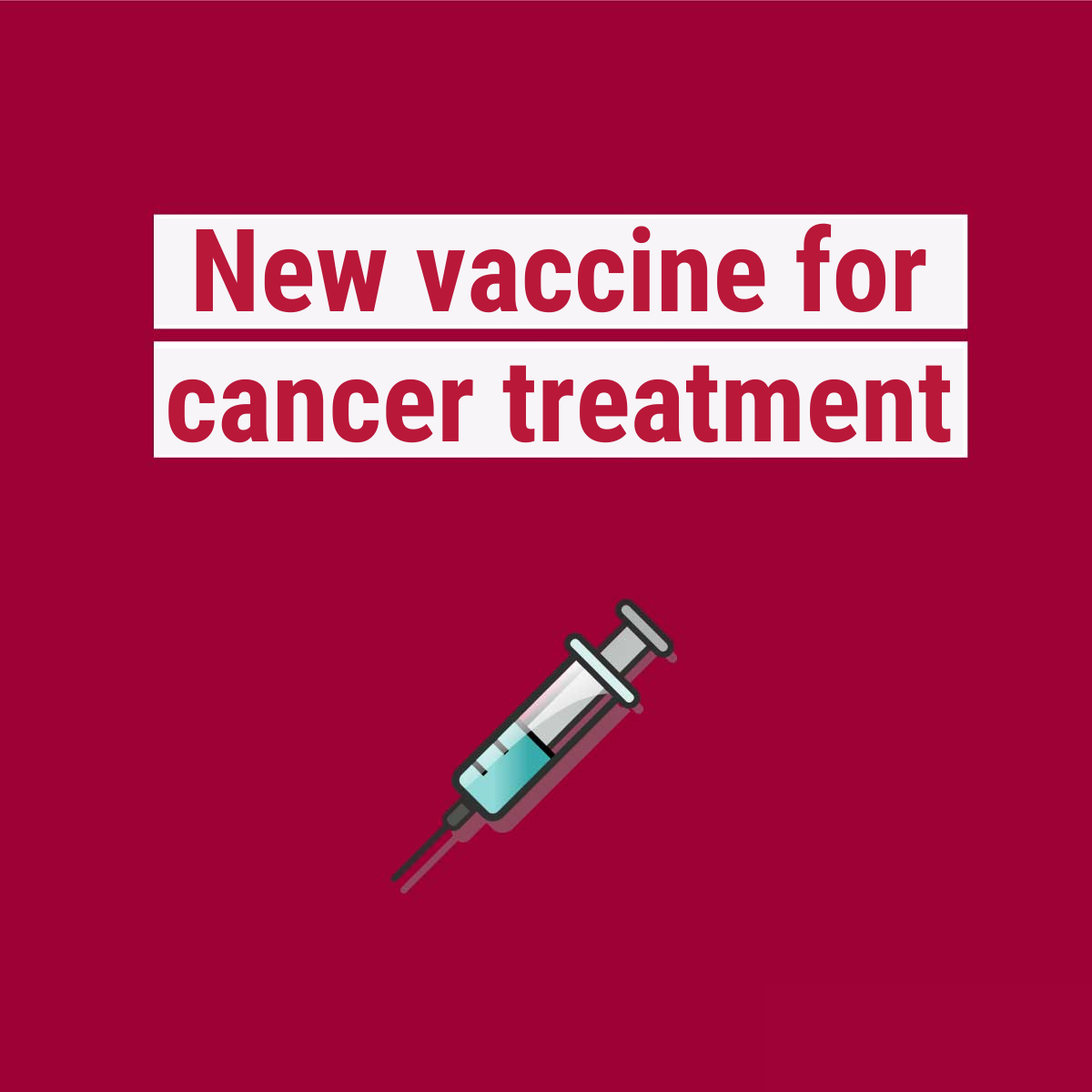A new article by Rojas et al. has recently been published in Nature, describing the use of a new RNA vaccine to fight against pancreatic cancer, where nanotechnology’s role has been fundamental!
The encapsulation of the RNA into lipid nanoparticles has granted an efficient RNA delivery assuring that 8 out of 16 participants in the clinical trial responded positively and avoided relapse for at least 18 months.
That’s fascinating news since nowadays, pancreatic cancer is one of the most lethal cancers known, despite the healthcare professionals’ and researchers’ efforts to provide effective treatments.
Why is this treatment revolutionary?
Immunotherapy uses immune-checkpoint inhibitors (ICIs) that activate a patient’s immune system against neoantigens, mutated versions of proteins expressed solely by cancer cells. T-cells react against neoantigens and kill cancer cells. The problem is that pancreatic cancers generally don’t respond to ICIs because these tumors express lower levels of neoantigens.
The developed RNA vaccine aims to activate neoantigen-specific T-cells by encoding neoantigens specific to the individual. With a previous administration of ICIs, the tumor is visible to the immune system and can fight against it in patients responding to the vaccine.
Nanotechnology has been fundamental to achieving this milestone!
A specimen of cells from each individual’s tumor, which was surgically removed, was used for DNA and RNA sequencing to identify sequences encoding neoantigens’ peptide segments. To ensure efficient delivery, the authors used this neoantigen information to design and produce personalized vaccines containing messenger RNA corresponding to chosen neoantigens encapsulated in lipid nanoparticles. Delivery technology based on lipid nanosystems has proven to be a game-changer during Covid-19 vaccine development. Once again, this technology has demonstrated its potential and will pave the way for treating a broad range of diseases.
The patients received an ICI that boosted T-cells. After vaccination, half of the individuals presented T-cells strongly responding to the vaccine neoantigen. Those who showed an immune response were less likely to relapse, possibly due to the presence of new, vaccine-induced, neoantigen-specific T-cells capable of eliminating spreading tumor cells.
There are still some questions to answer, such as why only half of the patients responded to the vaccine. But even in the preliminary stage and despite the need for further phase II clinical trials, Rojas et al. have brought us one step closer to efficiently treating pancreatic cancer.
RNA vaccines are the future of translational research, but efficient delivery is critical. Lipid nanosystems are here to bridge the gap from benchtop to bedside!
At DIVERSA, we understand the fundamental role of efficient RNA delivery and work hard to offer the best solutions for translational research.
Get to know more about our technology!

